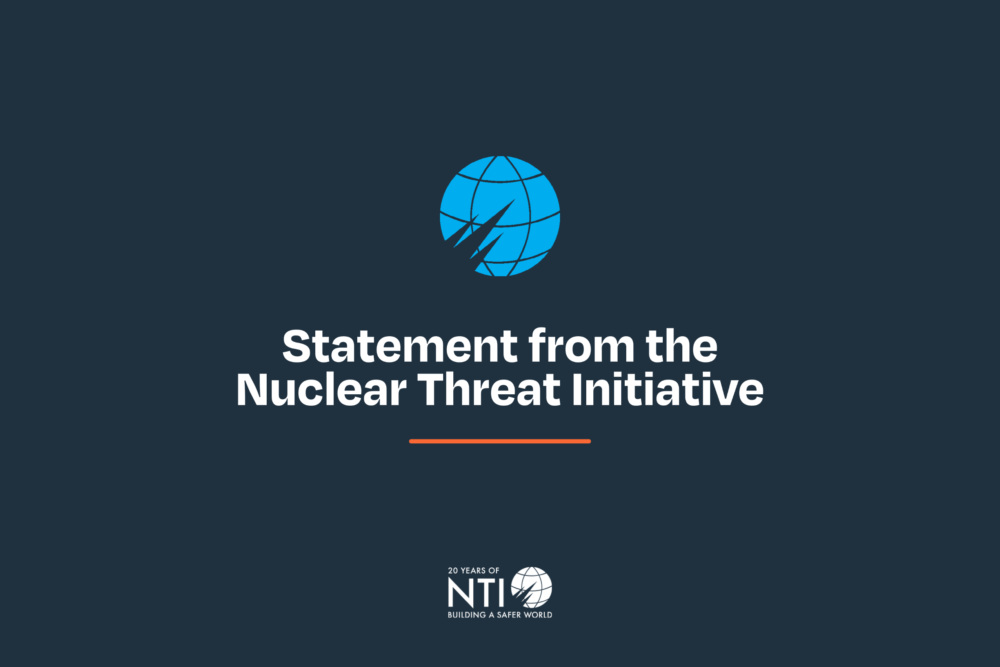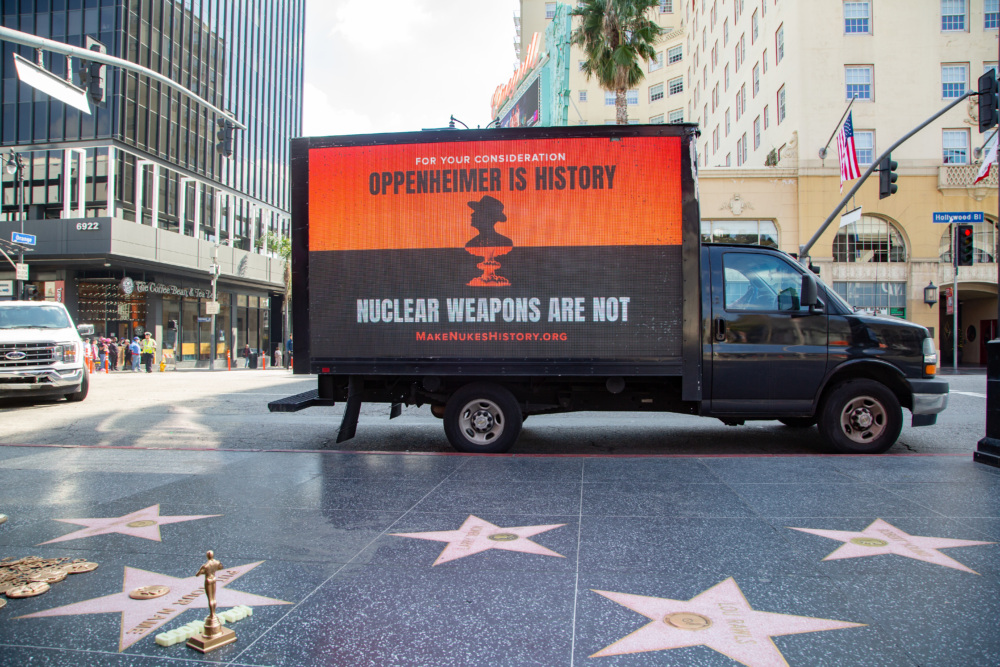Twenty-five years ago, the Comprehensive Nuclear Test Ban Treaty (CTBT) was opened for signature at the United Nations. The multilateral treaty banning nuclear explosions has been signed by 185 states and ratified by 170. However, despite establishing a global norm against testing, the treaty regrettably has not yet entered into force.
Between 1945 and 1996, more than 2,000 nuclear tests were carried out globally, creating significant health and environmental consequences that are still with us today. Since the treaty was opened for signature, there have been 11 tests.
Today, we have entered a precarious new era of nuclear competition, with nations withdrawing from bilateral and multilateral agreements that have contributed to transparency, predictability, confidence, and stability. While the investment in the CTBT—in particular the International Monitoring System with its ability to detect nuclear explosions—has been a resounding success, the full benefits of the treaty cannot be realized until it enters into force. Our world today has far too many examples of complacency and inaction that have cost us dearly in lives lost, and resources spent. Efforts to bring the CTBT into force depend on the ratification by eight key states: China, Egypt, India, Iran, Israel, North Korea, Pakistan, and the United States. We call on each of these states to ratify the treaty and end nuclear testing once and for all.





